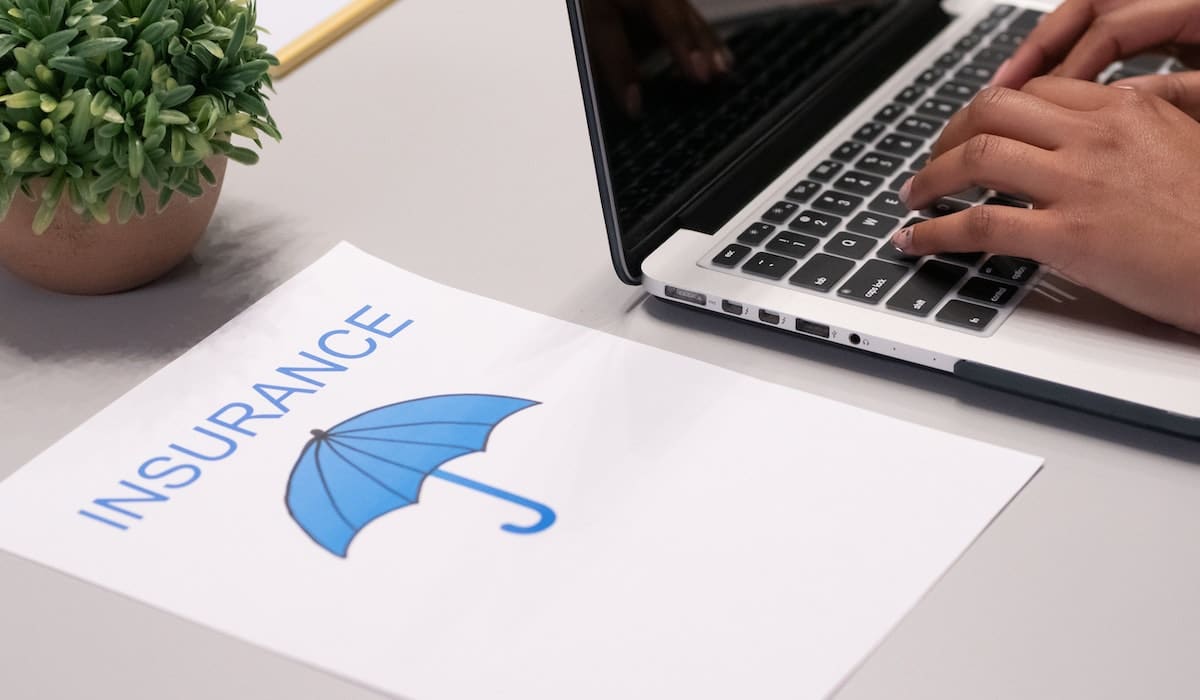7 Types of Insurance Your Business Can Benefit From

As a business owner, it’s essential to understand the various types of insurance you can purchase to protect your business from potential damages. Many types of insurance can benefit your business, from financial security auto insurance to cyber liability. This article will cover seven types of insurance your business should consider investing in.
1. Product Liability Insurance
Product liability insurance is designed to protect businesses from claims and lawsuits brought on by customers due to harm caused by products or services sold by the company. This type of insurance covers legal costs and any damages related to third-party injuries or property damage caused by a company’s products and services.
The Importance of Protecting Your Business with Product Liability Insurance
Product liability insurance is an invaluable asset to businesses that manufacture and sell their products, as it can help protect them from expensive civil suits and other legal action. It can also provide necessary financial security if a company is held liable for any damages caused by its products and services. Product liability insurance can also help a company’s reputation, as it shows that the business takes its customer safety seriously and is willing to take necessary steps to protect them.
For restaurant owners, similar protection is crucial, as foodborne illnesses, allergic reactions, or contaminated ingredients can lead to liability claims. A policy like Kentucky Restaurant Insurance for example, can help safeguard restaurants from potential lawsuits, ensuring financial stability while demonstrating a commitment to customer safety.
2. Auto Insurance
Commercial auto insurance is necessary for companies that use cars for work purposes. This insurance covers costs associated with vehicular accidents caused by employee negligence. This includes liability coverage for bodily injury, property damage, and medical expenses for any injuries suffered in the accident. Additionally, it protects against any physical damage to the vehicle itself.
Enhancing Coverage and Protecting Resources with Auto Insurance
A business with multiple vehicles may require a financial security auto insurance policy that provides more coverage than a standard personal policy. Vehicle fleets are often used by businesses such as taxi or limousine services and require increased liability coverage to handle the additional risk associated with multiple drivers. Assurance of resources Uninsured and underinsured motorist coverage is a feature of auto insurance that offers additional protection if a worker is hurt in a collision that was the fault of a driver with insufficient insurance. This coverage also often comes with roadside assistance as well as tow services to help minimize any downtime due to a vehicular incident.
3. Commercial Property Insurance
Commercial property insurance provides businesses with a safety net against unforeseen events, allowing them to focus on their operations without worrying about damage or loss. It covers buildings, equipment, inventory, or other property owned or rented by a business. In the event of theft, fire, water damage, natural disasters, or other unfortunate circumstances, the insured company can be sure that the cost of repairs or replacement will be taken care of. To further safeguard operations, businesses can utilize a disaster and recovery plan template to prepare for emergencies and ensure a swift return to normal operations after a crisis. After all, accidents can happen anytime and anyplace, so it pays to be prepared in case something unfortunate occurs. Businesses can potentially get a discount on their insurance if they put proper security measures in place to deter incidents. There are great commercial alarm systems available to those who want to keep their property and contents safe.
4. Cyber Liability Insurance
Businesses that operate online and through technology are protected by Cyber liability insurance. This insurance protects companies from financial losses due to data breaches or cyberattacks. It also covers legal fees for defending against consumer lawsuits due to unauthorized access or accidental disclosure of sensitive information.
5. Professional Liability Insurance
If a company is accused of negligence or errors in the performance of its professional duties, professional liability insurance, also referred to as errors and omissions (E&O) insurance, offers coverage. This type of insurance is specifically designed for lawyers, consultants, doctors, architects, and engineers who provide services for a fee and are exposed to potential liability claims from clients.
6. Employment Practices Liability Insurance
Insurance against employment practices liability (EPL) guards against financial losses brought on by claims involving employees, including wrongful termination, discrimination, sexual harassment, and more. This insurance helps cover legal fees if a current or former employee sues an employer for alleged employment law violations or unfair workplace practices.
Protecting Your Business from Employment Law Claims
EPLI” insurance can also shield employers from any awards or settlements that result from a jury trial or other legal proceedings. With the rising cost of defending against employment law-related claims, EPL insurance is becoming increasingly popular among employers wanting to protect their businesses.
7. Worker’s Compensation Insurance
Most states require workers’ compensation insurance to cover employees who become ill or injured on the job. It assists in covering lost wages and medical costs associated with the illness or injury. This type of insurance also helps protect employers from costly lawsuits due to negligence or unsafe workplace conditions that have led to injury/illness. Workers’ compensation insurance is an essential safeguard for both employers and employees.
Conclusion
In today’s day and age, businesses need to ensure that they are adequately protected against potential damages caused by third parties. Investing in suitable types of insurance can help your business stay safe in unexpected losses or accidents. If you are still determining which types of insurance best suit your business needs, you should speak with an experienced agent who can help you choose the best course of action.






